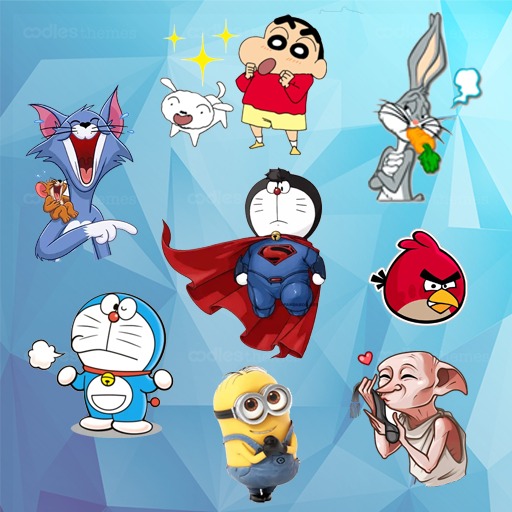Activision recently stirred the gaming community by unveiling advertisements for new projects tied to its renowned franchises like Guitar Hero, Crash Bandicoot, and Call of Duty. However, the spotlight quickly shifted from the game announcements to the surprising revelation that the promotional visuals were generated using neural networks.
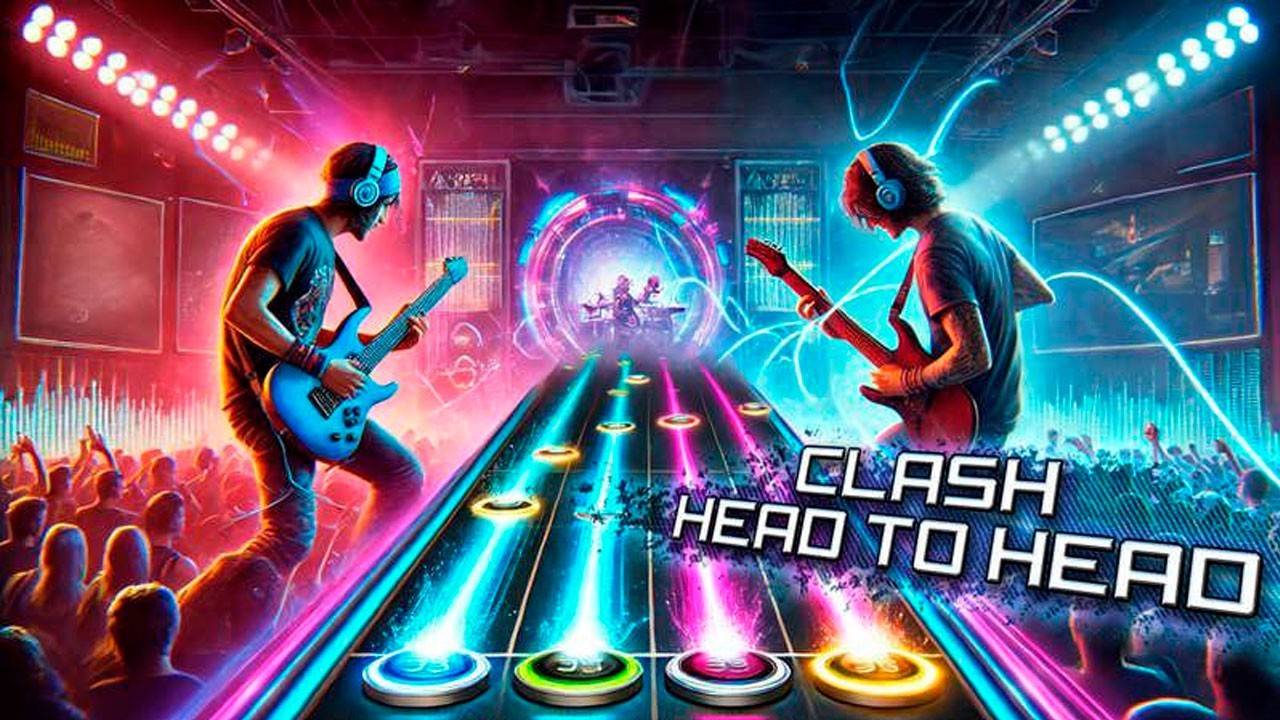 Image: apple.com
Image: apple.com
The first ad surfaced on one of Activision's social media channels, promoting Guitar Hero Mobile and directing users to a pre-order page on the App Store. Gamers quickly pointed out the peculiar, almost surreal quality of the images, which ignited widespread discussion. Reports soon followed about other mobile titles from Activision, such as Crash Bandicoot Brawl and Call of Duty Mobile, also showcasing AI-generated art in their promotional efforts. Initially, there was speculation that Activision's accounts might have been compromised, but it was later clarified as an unconventional marketing strategy.
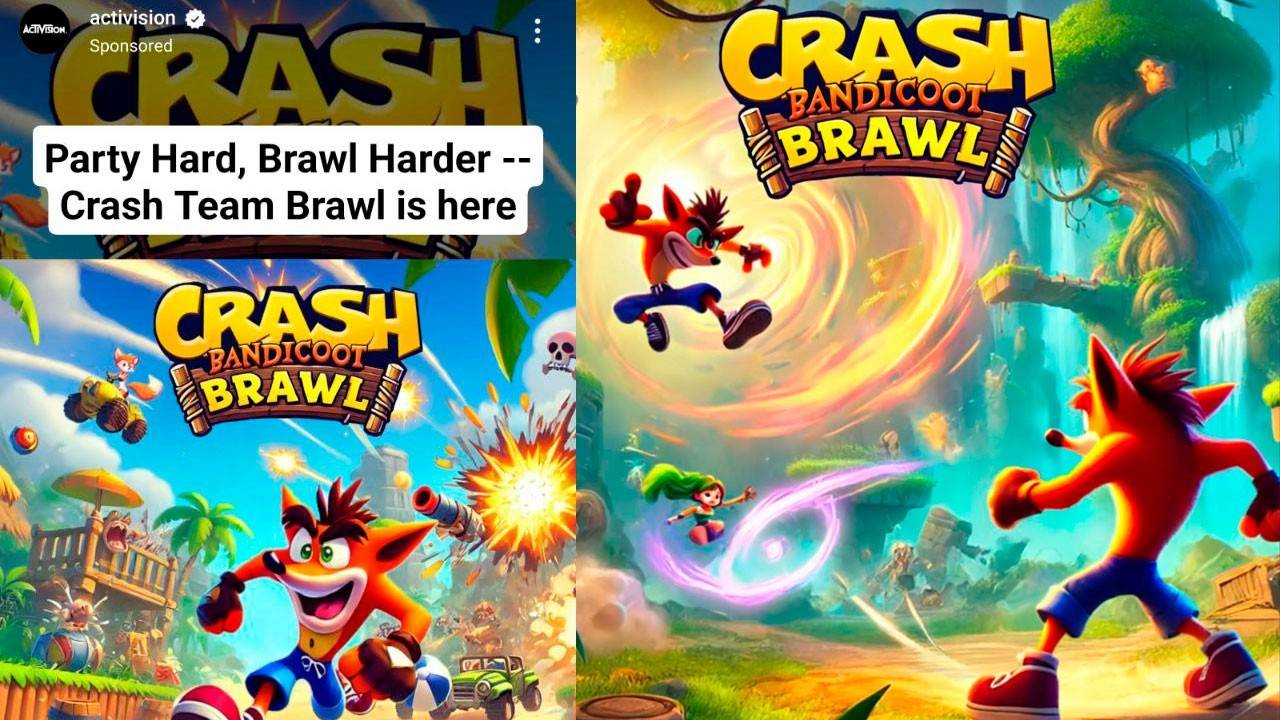 Image: apple.com
Image: apple.com
The reaction from the gaming community was overwhelmingly negative. Fans expressed strong disapproval of Activision's choice to utilize generative AI over collaborating with professional artists and designers. Many voiced fears that this trend could lead to games being reduced to "AI garbage." Comparisons were drawn to Electronic Arts, a company often criticized for similar controversial moves in the gaming industry.
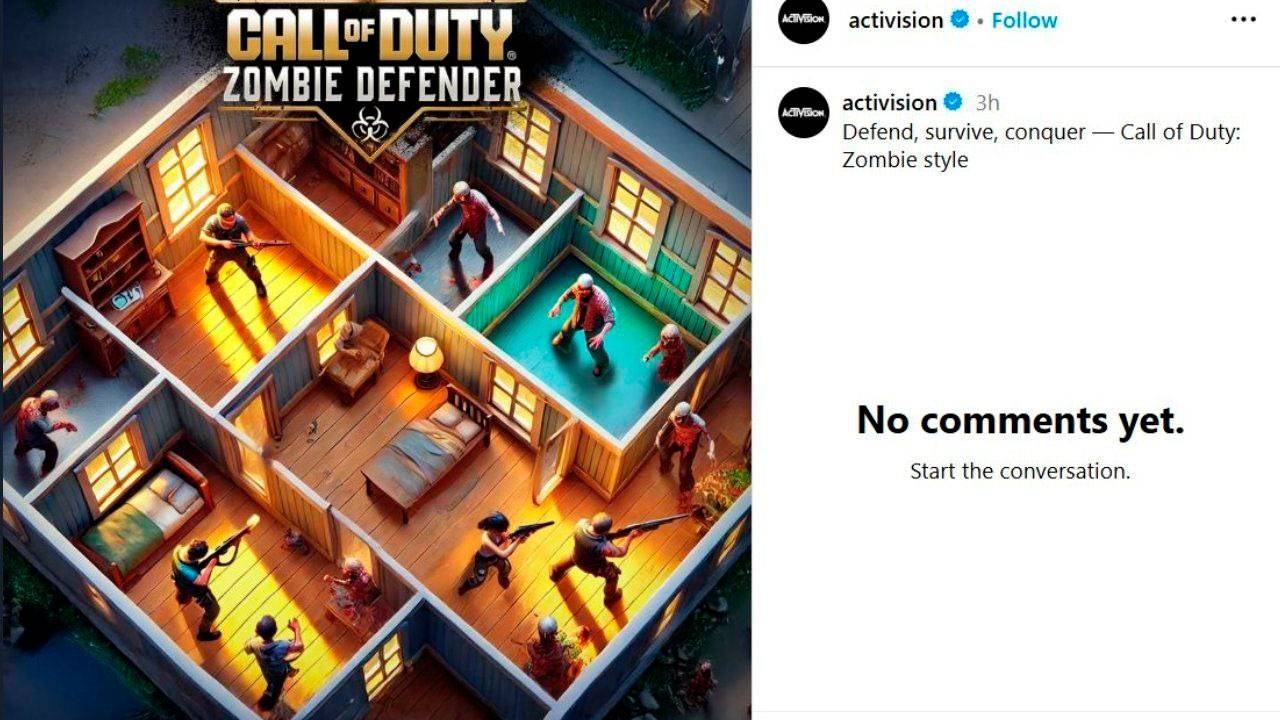 Image: apple.com
Image: apple.com
The use of AI in both development and marketing has become a hot-button issue for Activision. The company has confirmed that neural networks are being employed in the creation of content for Call of Duty: Black Ops 6.
In response to the backlash, some of the contentious promotional posts were removed. It remains uncertain whether Activision genuinely intends to launch these games or if this was merely a test to gauge audience reactions with provocative materials.



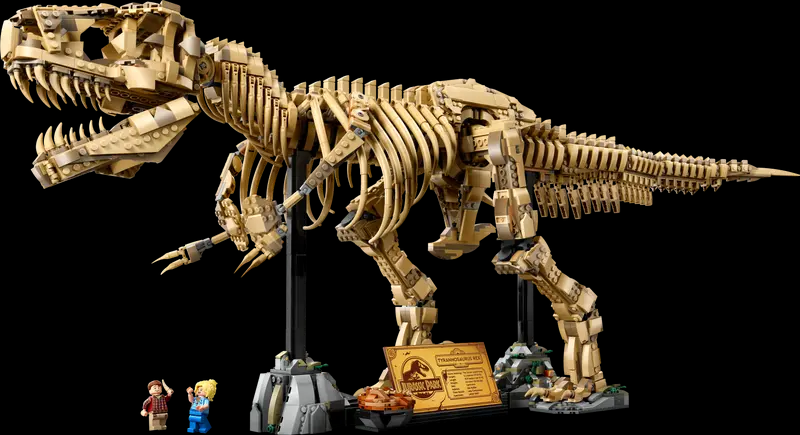


![NULL [Remastered]](https://imgs.39man.com/uploads/71/1719651062667fcaf6c483b.png)




